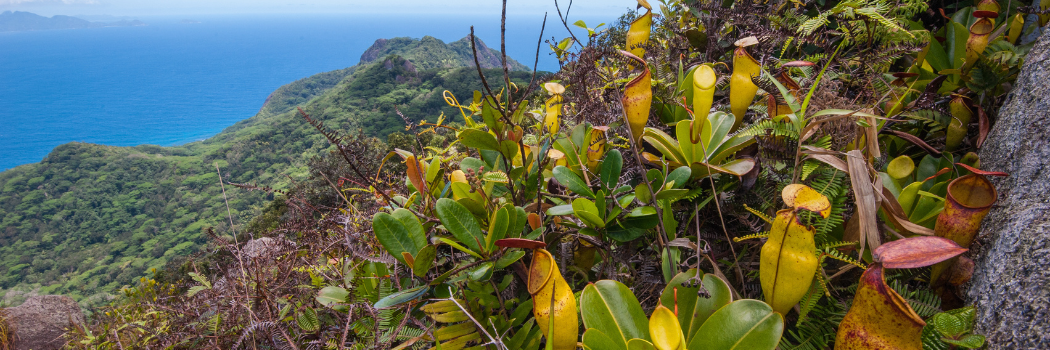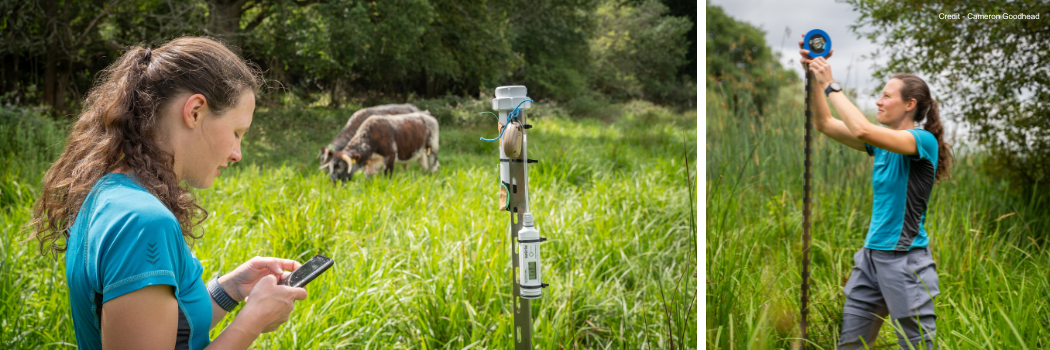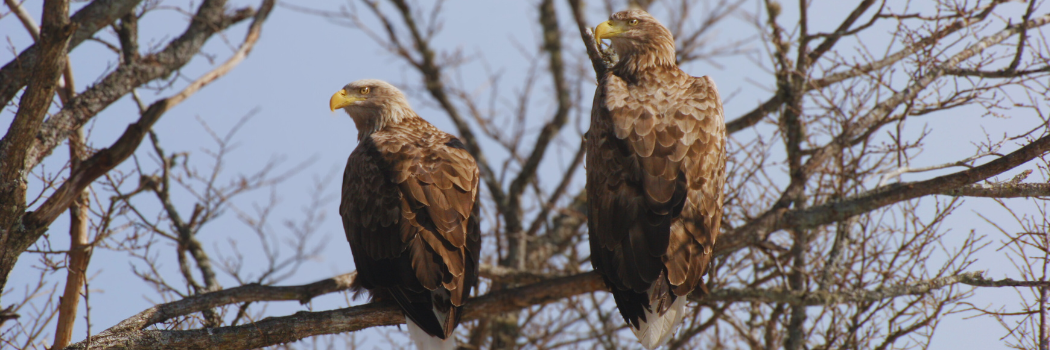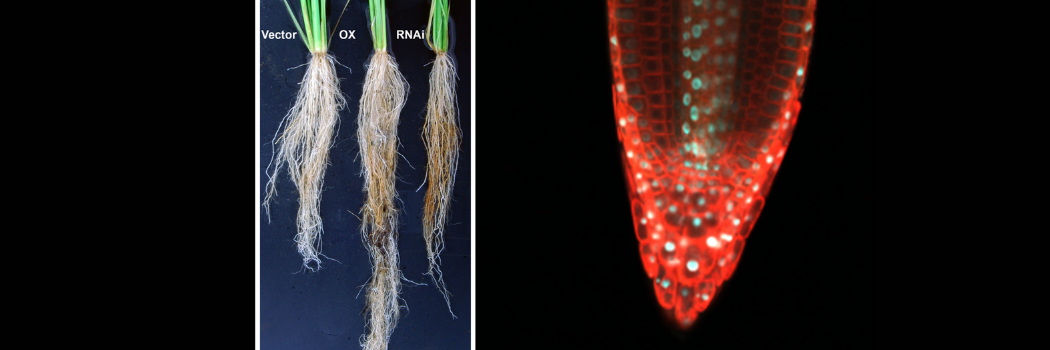Biosciences News
Historic England Every Day Heritage Grant Success. “Our South Shields: Thanks for the Memories”
This project is dedicated to bringing to life the overlooked history of local South Asian and other ethnic minority groups from South Shields affected by dementia.
Scientists discover the real-life impacts of northern elephant seal bottleneck
New research of northern elephant seals has revealed their reproductive and foraging success has been affected by a population bottleneck which nearly caused their extinction and could make them vulnerable as the environment changes in the future.
Project to advance recycling of rare materials secures £14 million UKRI funding
A national consortium involving researchers from Durham’s Biosciences department has secured £14 million UK Research and Innovation (UKRI) funding to help advance the recycling of rare metals.
Ancient origins of fallow deer should inform conservation
New research has revealed the hidden cultural histories of modern populations of fallow deer, dating back to the Neolithic period, which should be factored into decisions around their management and conservation.
Durham research has a lasting global impact
We have launched a new Global Research Brochure where we shine a light on some of our incredible researchers who are making a difference in the world.
Fruit flies give clues to sexual selection-driven evolution
They may be tiny, but fruit flies have given scientists new insight into the genetic basis for rapid evolution of male external genitalia driven by sexual selection.
New research reveals the evolutionary origins of unique traits in pitcher plants
An international team of researchers have investigated the complexity and innovative evolutionary capabilities of carnivorous plants which capture insects.
CRAFTing Delivery of Membrane Proteins into Protocells using Nanodiscs
Have you ever wondered how to deliver membrane proteins to pre-formed membranes? Take a look at our new nanoCRAFT system from the Centre for Programmable Biological Matter.
British Ecological Society awards Founders' Prize to Dr Rebecca Senior
We are delighted to announce that Dr Rebecca Senior from our Department of Biosciences has been awarded the Founders' Prize by the British Ecological Society.
New study finds European breeding birds respond slowly to recent climate change
In a new study, leading scientists from our Department of Biosciences have found that local colonisation and extinction of European breeding birds are very weakly influenced by climate change.
Durham Centre for Crop Improvement Technology awarded £1m grant from Wolfson Foundation
Durham Centre for Crop Improvement Technology is one of the country’s leading centres for crop research, with a long-standing internationally recognised record of research excellence.
Funding success for Magnitude Biosciences
Dr David Weinkove, CEO and CSO of Magnitude Biosciences talks about ageing and recent funding success



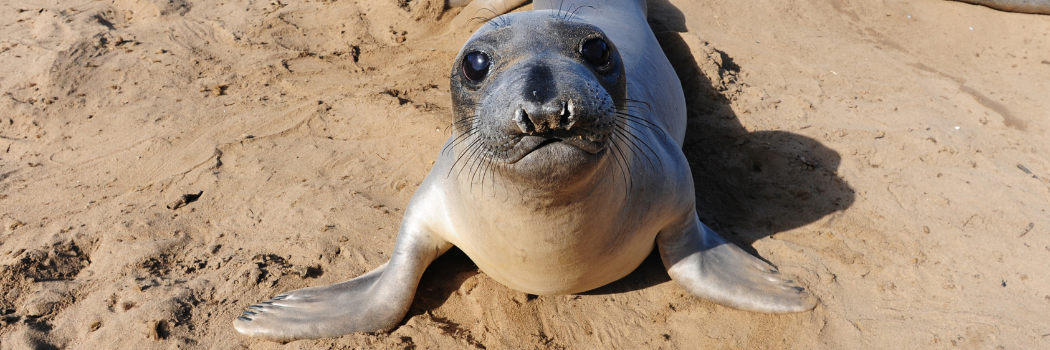

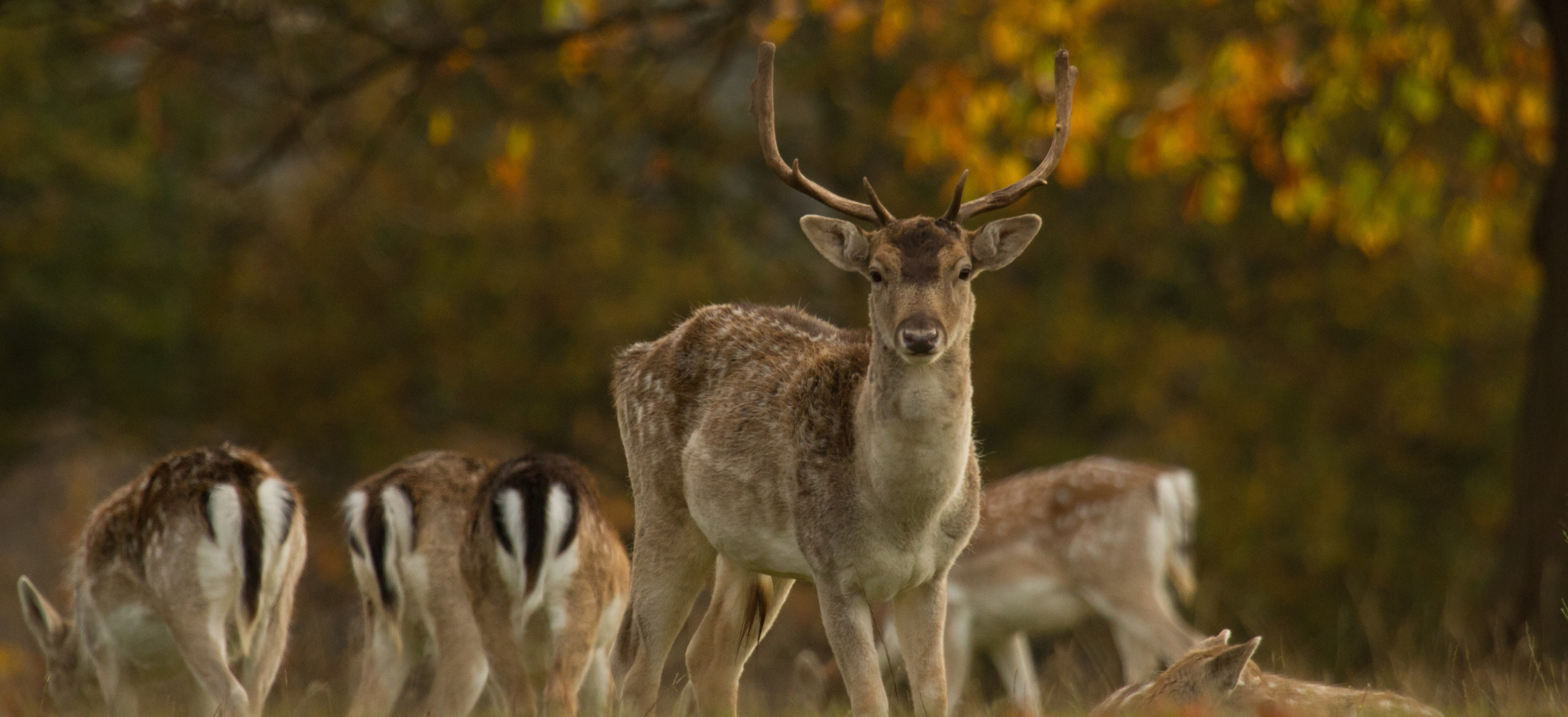

.jpg)
